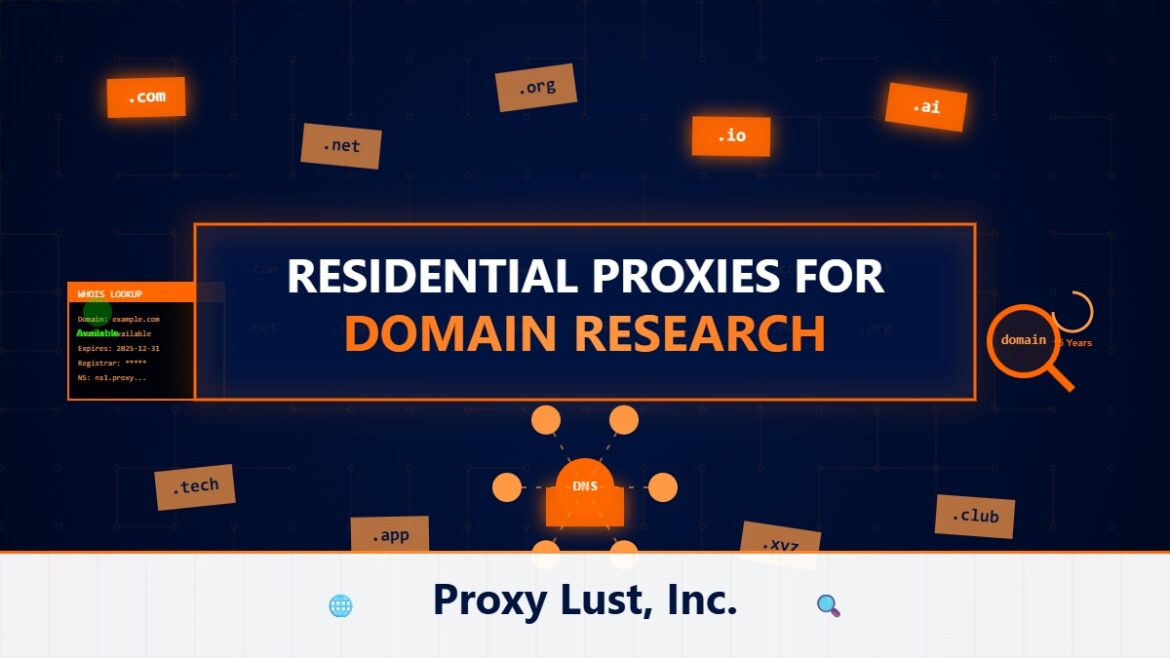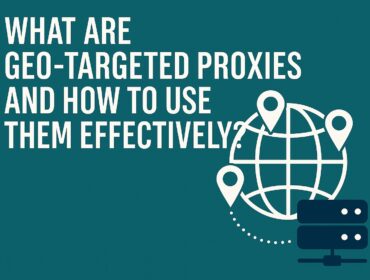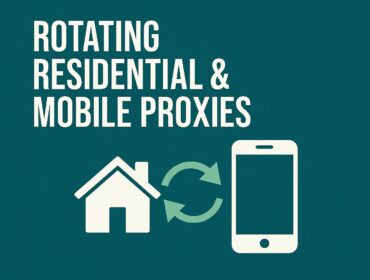Domain research forms the foundation of digital asset acquisition, brand protection, and competitive intelligence. Professional domainers, SEO specialists, and brand managers rely on residential proxies to access comprehensive domain data, monitor expiring domains, and conduct WHOIS lookups without triggering rate limits or geographic restrictions.
Overcoming Research Limitations
Domain registrars and WHOIS databases implement aggressive rate limiting to prevent automated queries. These restrictions severely hamper legitimate research activities, limiting professionals to handful of lookups before facing temporary bans. Residential proxies distribute queries across thousands of authentic IP addresses, enabling continuous research without interruption.
Geographic restrictions further complicate domain research. Country-code top-level domains (ccTLDs) often restrict registration information access to local IPs. Researching .de domains from outside Germany or investigating .jp domains from America becomes impossible without appropriate regional access. Residential proxies provide authentic local presence for comprehensive ccTLD research.
Expired Domain Hunting
The expired domain marketplace moves at breakneck speed. Valuable domains with established backlinks and traffic become available daily, but discovering them requires continuous monitoring across multiple platforms. Residential proxies enable parallel monitoring of domain auction sites, registrar lists, and expiration databases without triggering anti-bot measures.
Domain drop catching depends on millisecond timing and geographic proximity to registry servers. Residential proxies from specific regions provide the low-latency connections necessary for successful acquisition attempts. Monitor pending deletions and position capture attempts through optimal geographic locations.
Competitive Intelligence Applications
Brand protection requires vigilant monitoring of domain registrations containing trademarked terms. Cybersquatters and counterfeiters constantly register variations of established brands. Residential proxies enable comprehensive monitoring across global registrars, identifying potentially infringing domains before they damage brand reputation.
Competitor analysis reveals strategic intentions through domain registrations. New product launches, market expansions, and rebranding efforts often telegraph through advance domain acquisitions. Anonymous research through residential proxies prevents competitors from detecting intelligence gathering activities.
Technical Implementation
Structure proxy usage around specific research workflows. Assign dedicated proxy pools for WHOIS lookups, separate allocations for auction monitoring, and distinct IPs for registrar searches. This segregation prevents cross-contamination and maintains optimal performance.
Implement intelligent caching to minimize redundant queries. Store WHOIS results locally with appropriate expiration times, reducing proxy usage while maintaining data freshness. Respect registrar terms of service while maximizing research efficiency.
Advanced Research Strategies
DNS propagation monitoring benefits from global residential proxy networks. Track how quickly DNS changes propagate across different geographic regions, optimizing domain transfers and configuration updates.
Historical WHOIS data often requires accessing archived databases with geographic restrictions. Residential proxies unlock these valuable resources, revealing domain ownership patterns and historical valuations.
Maximizing Domain Investment Returns
Professional domain investors using residential proxies report significant advantages in identifying undervalued assets and securing valuable expirations. The ability to conduct unlimited research across global markets transforms domain investing from speculation into data-driven asset acquisition.




